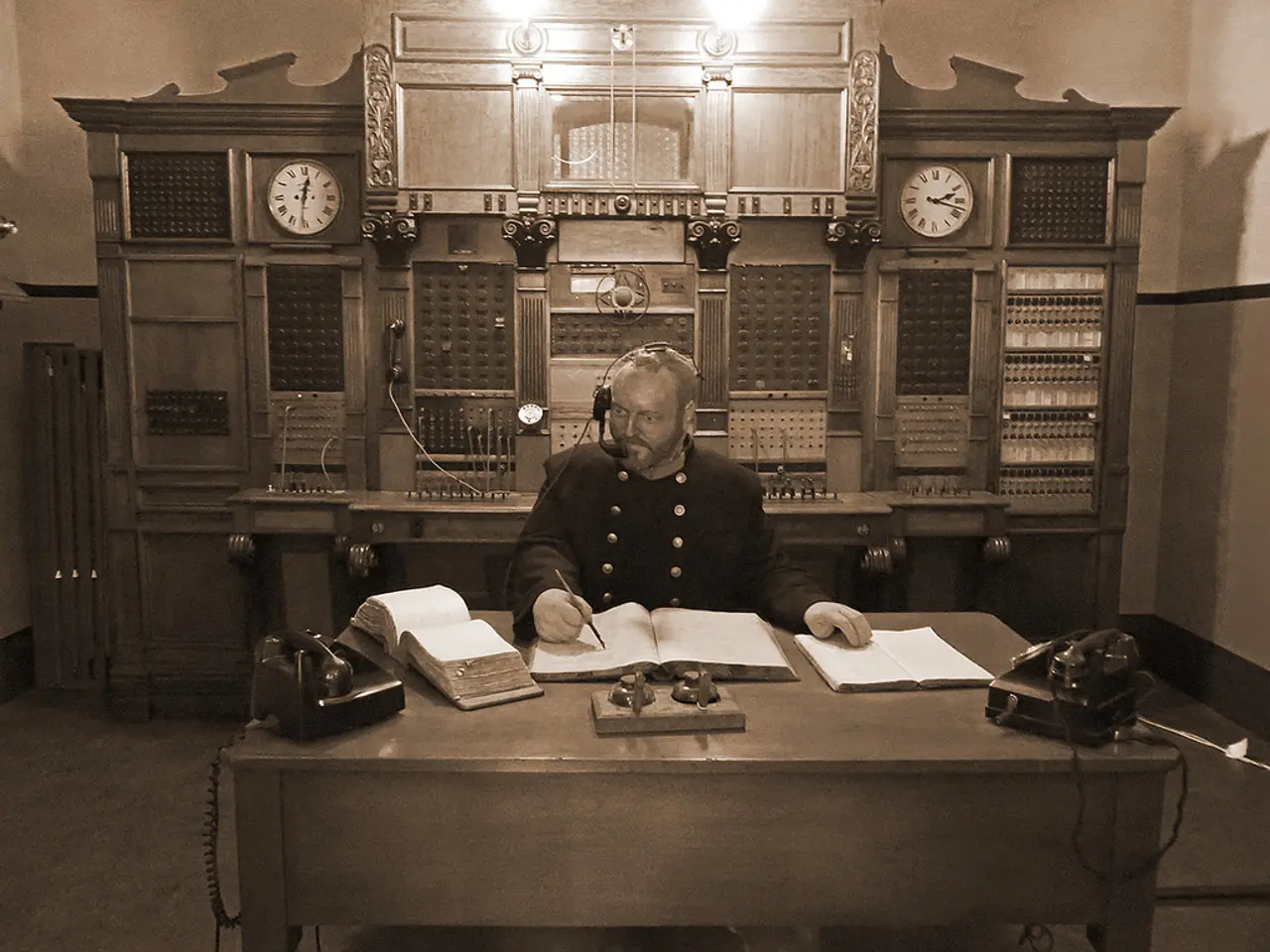Efficient Advice for Persistent Latecomers
In the hustle and bustle of daily life, punctuality often takes a backseat for many people. However, practicing mindfulness techniques and adopting a few simple habits can significantly improve one's punctuality. Here are 12 tips synthesized from multiple expert sources to help chronically late individuals get on the right track.
- Plan Ahead: Overestimate the time required for each task and transition to avoid rushing. This proactive approach can help you arrive on time.
- Set Timers and Alarms: Use alarms at the start of tasks, during transitions, and before appointments to increase time awareness.
- Establish a Consistent Routine: Having the same wake-up time and morning routine every day creates a natural rhythm, reducing chaos.
- Track Task Times: Timing your morning routine or work tasks helps plan realistic schedules and wake-up times.
- Prepare in Advance: Get clothes, bags, or materials ready the night before to speed up your morning.
- Allow Buffer Time: Scheduling extra time between appointments prevents spillover from making you late.
- Break Tasks into Smaller Steps: This makes work less overwhelming and helps maintain focus and progress.
- Use Visual Time Reminders: Calendars, sticky notes, or digital planners with alerts help keep upcoming commitments top of mind.
- Prioritize Effectively: Decide what must be done first and what can wait to avoid last-minute rushes.
- Recognize and Address Time Blindness: Understand that chronic lateness can stem from neurological factors, not just poor habits, and use support tools accordingly.
- Be Empathetic: Realize the impact of your lateness on others. This understanding can motivate punctuality.
- Commit to Ending Meetings or Tasks Promptly: Set rules to wrap up activities as scheduled to stay on track with your day.
These tips combine practical time management strategies with an understanding of the underlying causes of chronic lateness, such as optimism bias and time blindness. Using consistent routines, tools like timers, and realistic planning is key for lasting improvement.
Seeking accountability is another effective strategy. Having a friend, family member, or colleague who understands your struggles with punctuality can provide the encouragement needed to stay on track. Setting alarms with buffer time is also a simple yet effective strategy for managing time better and avoiding lateness.
Mindfulness and self-reflection practices can significantly improve a person's awareness of time and their actions, fostering a mindset of self-awareness, self-discipline, and the ability to change negative habits. Using time-tracking apps like RescueTime and Toggl can provide detailed insights into how one spends their time, helping identify time-wasting activities and suggesting more productive ways to manage time.
Maintaining a consistent sleep schedule can make individuals 35% more likely to be on time and make better decisions throughout the day. Adjusting your sleep schedule can have a profound impact on your ability to maintain punctuality. Avoiding multitasking is critical for improving time management and reducing chronic lateness.
Lastly, creating a reward system for punctuality can be a powerful motivator. Implementing a reward system increased adherence to punctuality by 40% among participants who were frequently late. So, let's embrace these tips and strive for a more punctual and stress-free life!
- Incorporating mindfulness practices into one's daily routines can foster a sense of self-awareness, aiding in the management of time and reduction of chronic lateness.
- Recognizing that poor time management may stem from neurological factors like time blindness, one can employ supportive tools and strategies to address these underlying causes.
- Seeking educational resources and self-development materials focused on lifestyle, personal growth, psychology, and time management can equip individuals with the skills necessary for punctuality and effective time usage.
- Establishing a consistent sleep schedule, paired with avoidance of multitasking, can increase one's chances of being on time by 35% and promote better decision-making throughout the day.




